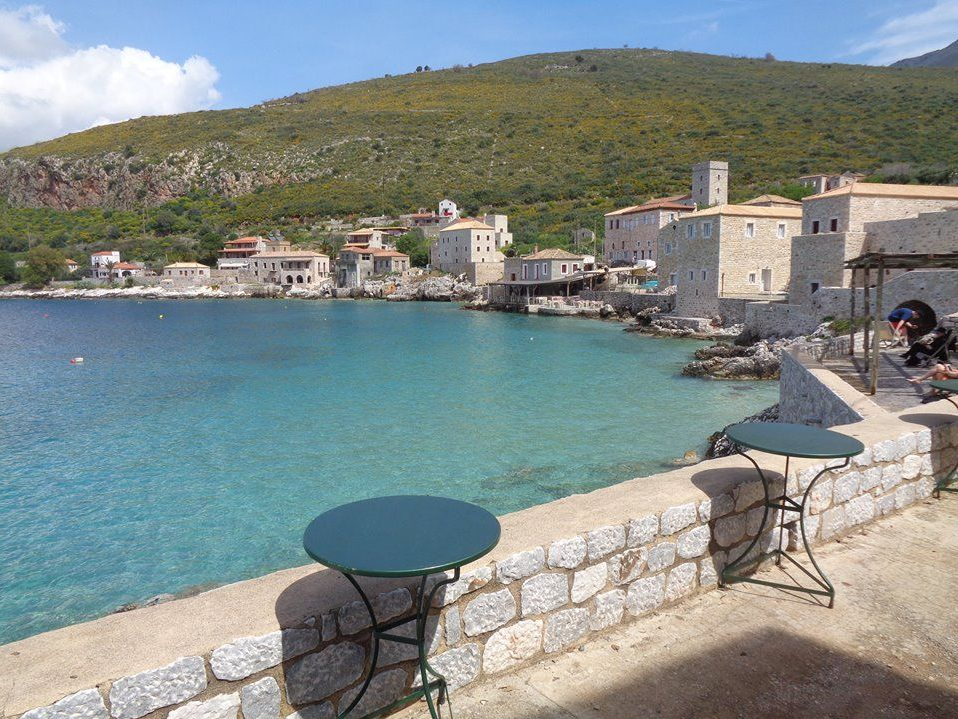
Limeni, port of Areopolis, is a historic place, home of the prominent family of Mavromichalis, is admittedly one of the most beautiful residential complexes of Laconic Mani.
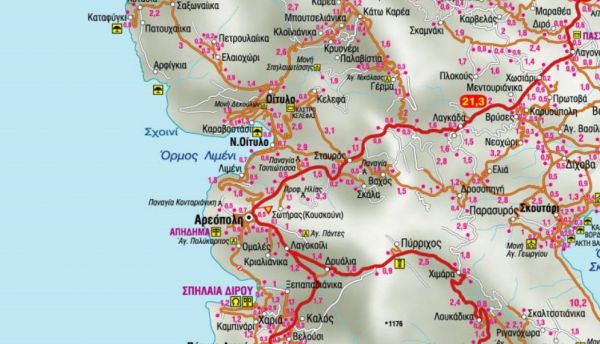
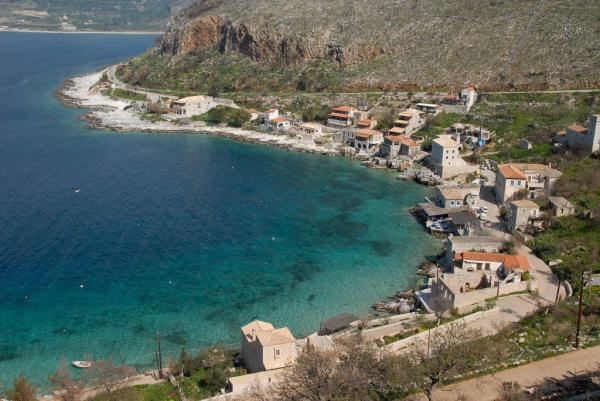
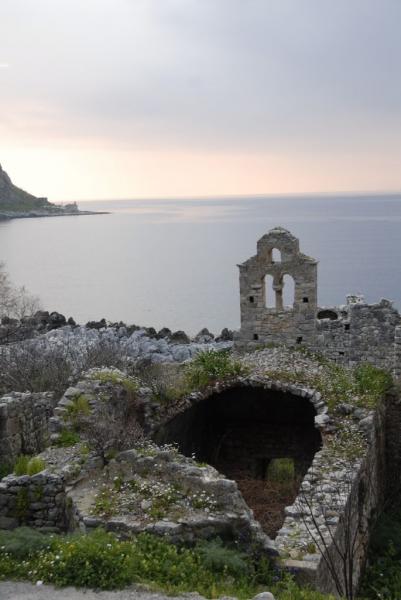
The stone buildings of the settlement, the high standard tourist accommodation and the fish taverns are spread along the coast, in a narrow strip of land between the transparent, turquoise waters of the bay of the area and the road that connects Limeni with Neos Oitilos, and Karavostasi.
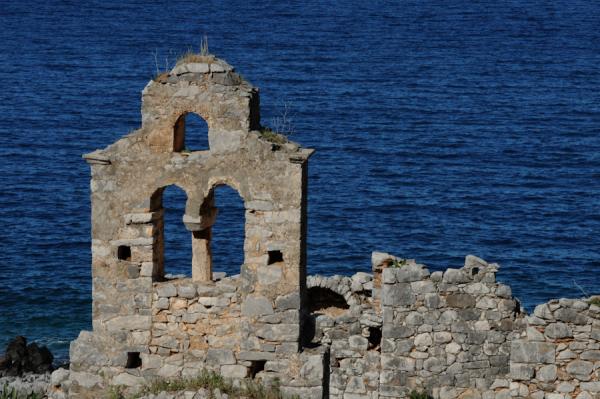
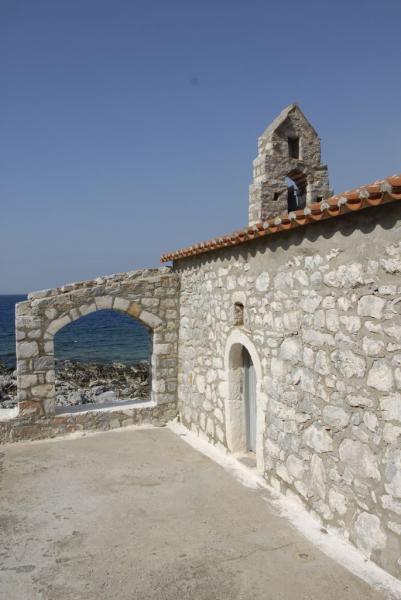
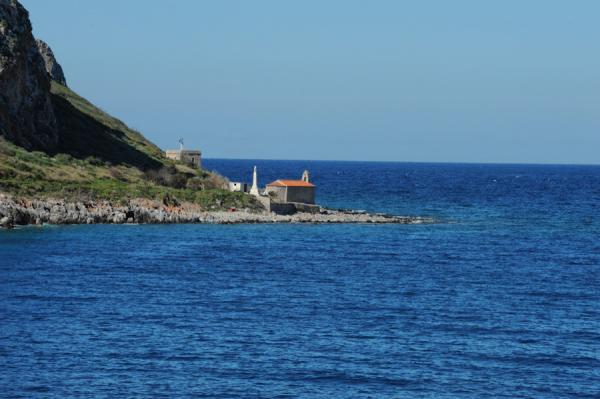
In Limeni dominates the “palace” of Petrobei Mavromichalis, the tower-castle of the last ruler (bey) of Mani, who played a leading role during the revolutionary and post-revolutionary times. Visitors also have the opportunity to see the tomb and bust of the famous Mani military leader and politician.
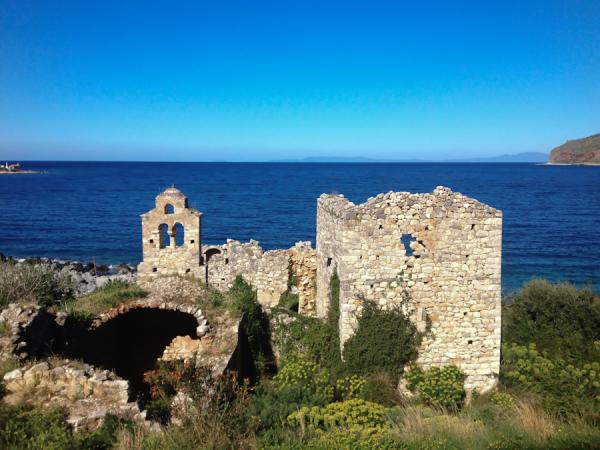
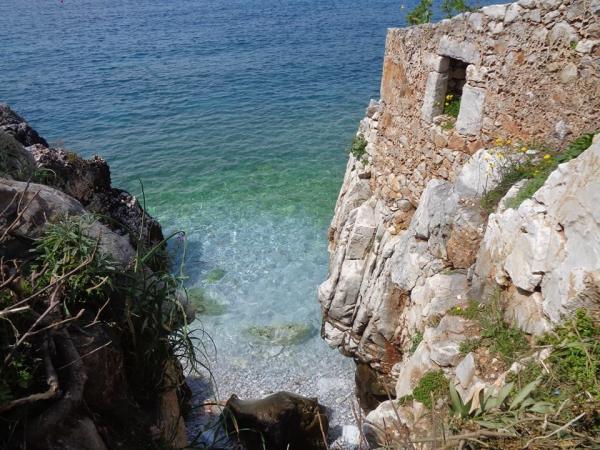
The quaint image of the settlement is completed by the small church of Agios Sostis, in the cemetery, the church of Agios Nikolaos and the ruined church of Panagia Bretti.
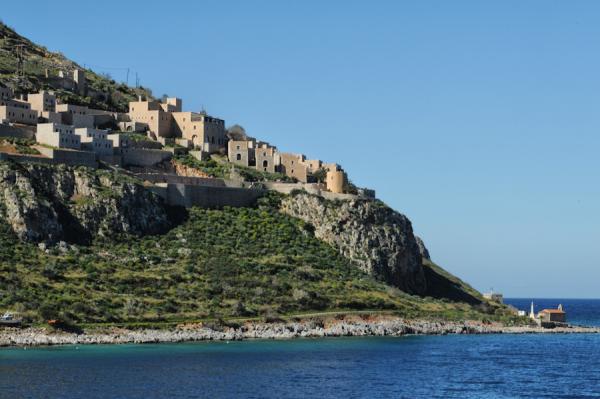
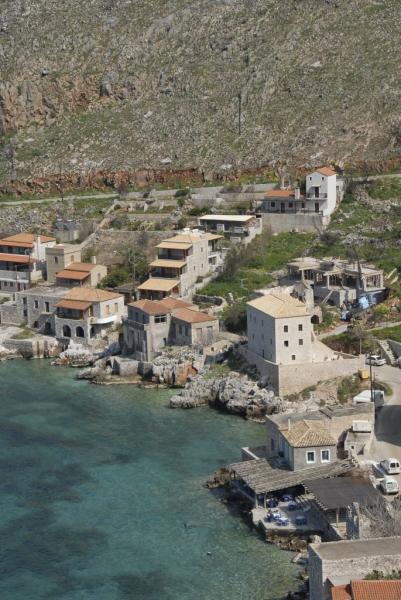
The two-volume encyclopedic and linguistic dictionary “Papyrus” (Athens, 1965) mentions the following about Petros or Petrobeis Mavromichalis (1765-1848), a controversial figure in any case:
The last ruler (bey) of Mani (1816-1821), a member of the Friendly Society [a secret revolutionary organization that fostered the uprising of 1821] and one of the military leaders of the Revolution. He was the first, followed by Th. Kolokotronis, Nikitaras, Anagnostaras, Mourtzinos and two thousand armed Laconians, who raised the flag of the Revolution in Kalamata (March 23).
The next day, after the official eulogy on the capture of the city, he was proclaimed commander-in-chief of the forces of the Peloponnese and on the 28th of the same month he addressed the famous revolutionary proclamation to the European powers.
He was then elected chairman of the first (seven-member) governing committee, formed following a decision of the chiefs in their assembly at the monastery of Kalteza, and organized along with Kolokotronis the siege and capture of Tripoli.
He retained the title of general even after that, during the invasion of Dramalis and during his move along with 500 soldiers from Mani to Roumeli (November 1822), as a reinforcement of the besieged city of Messolonghi.
When he returned to the Peloponnese, he was elected a member of the Legislature and continued to personally command the military forces under him in various battles, despite his advanced age.
During the reign of Kapodistrias, he was appointed as one of the three presidents of the “Panhellenic” [governing body] and a senator. However, the ensuing animosity between the Government and the Mavromichalis clan, due to the uprisings in Mani against the regime, contributed to the arrest and imprisonment of Petrobeis, with the well known tragic developments for Kapodistrias. [the assassination of Kapodistrias]
He was released from prison under Augustine Kapodistrias (March 13, 1832). During Otto’s reign he was one of the three vice-presidents of the Council of State and, after the revolution of 1843, a member of the senate.
Latest News

S&P Raises Greece Outlook to ‘Positive’; Rating Unchanged
The same international ratings agency in October 2023 raised the country’s creditworthiness to BBB- with a stable outlook
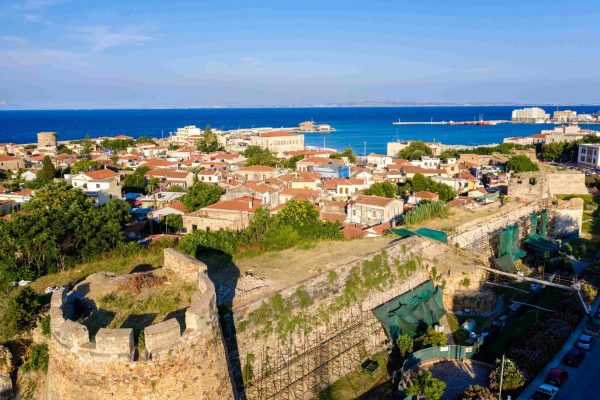
Number of Turkish Visitors to Greek Islands up 10-Fold After 7-Day Express Visa
More than 20,000 Turkish tourists flocked to the eastern Aegean isles during a nine-day religious period in the neighboring country

Greece to Protect 198 ‘Untouchable Beaches’
These beaches, numbering 198 across the country, fall within the Natura 2000 network and will be off-limits for concession and, by extension, for the placement of umbrellas, sunbeds, etc.

BoG: Feb. Current Account Deficit up by 1.8bln
At current prices, exports dropped by 10.3% (‑10.7% at constant prices) and imports grew by 5.7% (9.4% at constant prices).

Greece Becoming a ‘Refuge’ for German Pensioners
The government's policies to attract foreign property buyers to boot the economy is working, reports German newspaper Handelsblatt

Iran Activates Air Defense System- Reports of Attack by Israel
An Iranian official said explosions reported by Iran's media were the result of the activation of the country's air defense system, yet media reports attribute them to a drone attack by Israel

Poll: Greeks, EU Citizens Eager to Vote in European Elections
EU citizens are eager to vote in the upcoming elections for the European Parliament in June, with eight in 10 saying the current geopolitical situation makes voting imperative
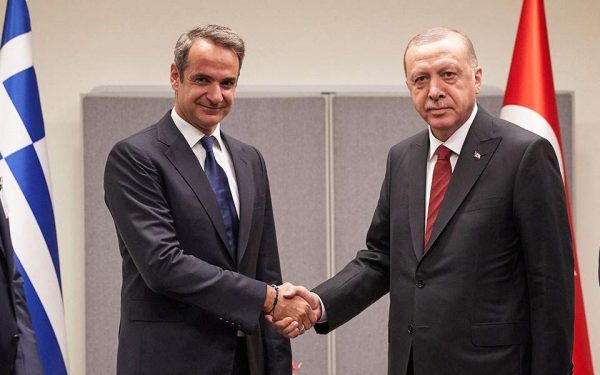
Mitsotakis-Erdogan Meeting in Ankara Fixed for May 13
The Greek PM himself made the announcement from Brussels on Thursday, while he also responded to a question on Athens' intent to create a marine park in the central Aegean, an environmental initiative

Greece Aims to Boost Energy Capacity, Economy with Offshore Wind Farms
Greece’s Energy Ministry is pushing legislation to accelerate the construction of the first floating wind farms in Greek seas

Reuters: Greek Economy Surges After Decade of Pain
Nevertheless, the article also highlights some of the challenges facing the country, with a falling birthrate and labor shortages posing a threat to the long-term outlook



![Φυσικό αέριο: Γιατί είναι δύσκολη η απεξάρτηση από τη Ρωσία – Τα εμπόδια [Χάρτης]](https://www.ot.gr/wp-content/uploads/2022/07/gas-1-1-90x90.jpg)
























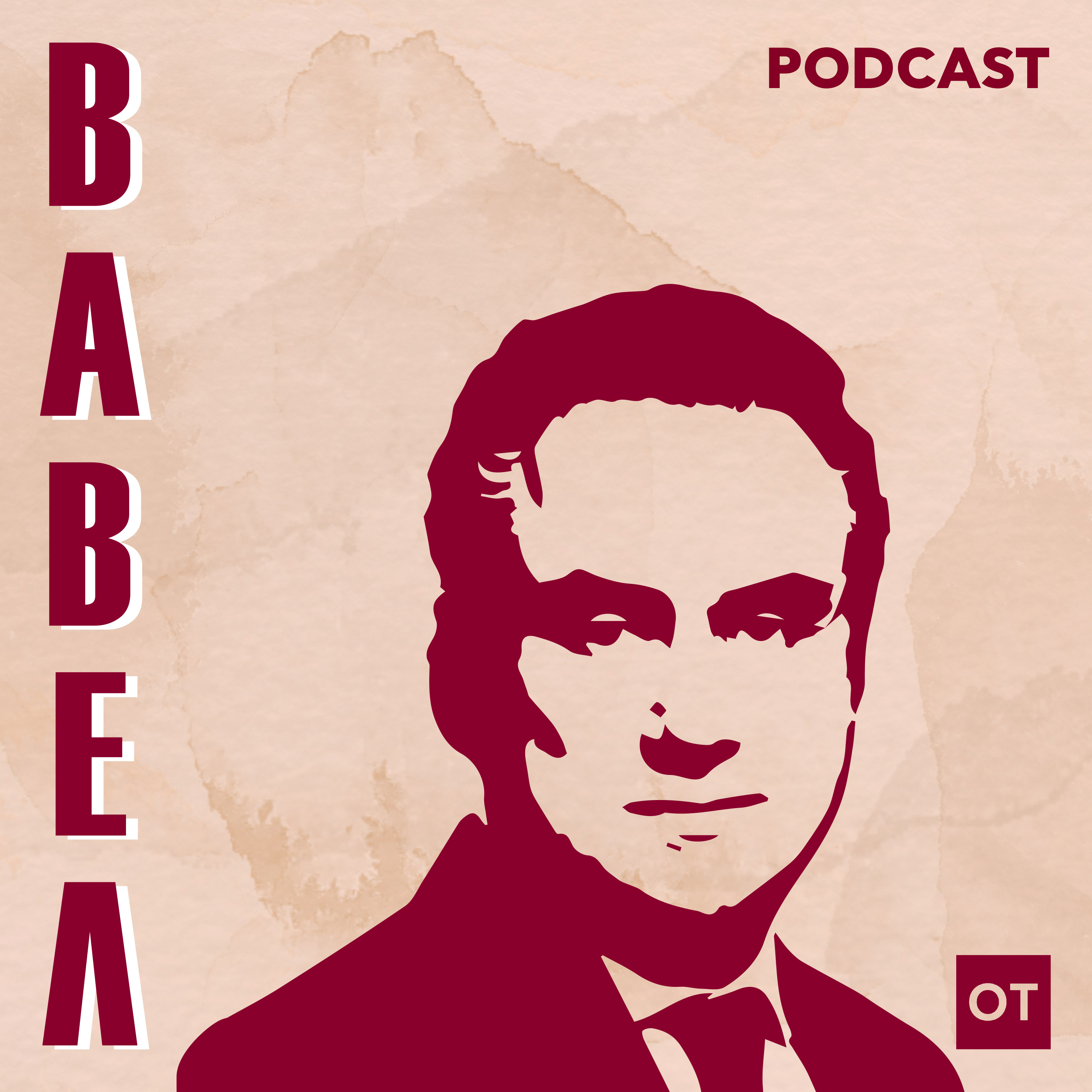
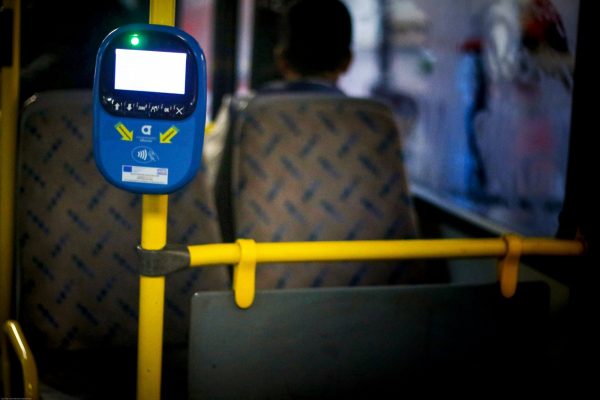

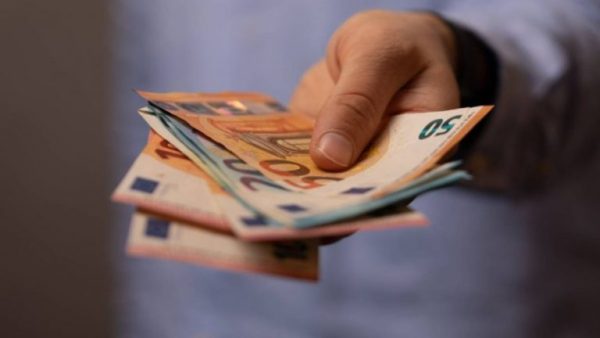




![Φυσικό αέριο: Γιατί είναι δύσκολη η απεξάρτηση από τη Ρωσία – Τα εμπόδια [Χάρτης]](https://www.ot.gr/wp-content/uploads/2022/07/gas-1-1-600x389.jpg)

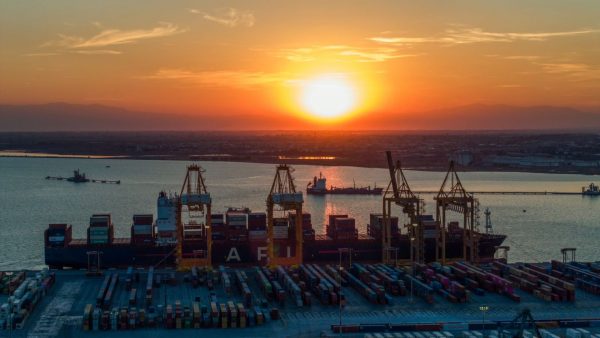


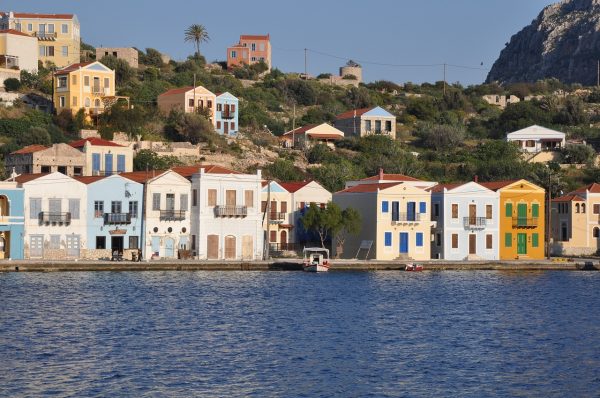

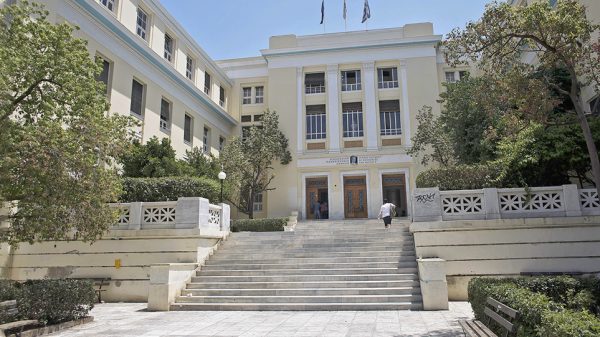
 Αριθμός Πιστοποίησης Μ.Η.Τ.232433
Αριθμός Πιστοποίησης Μ.Η.Τ.232433